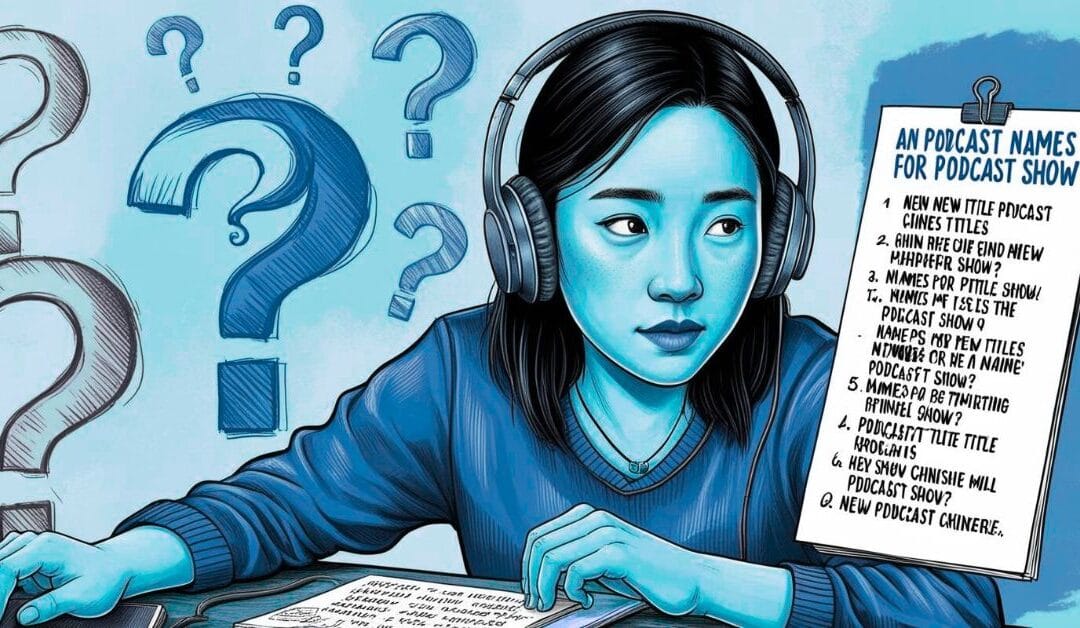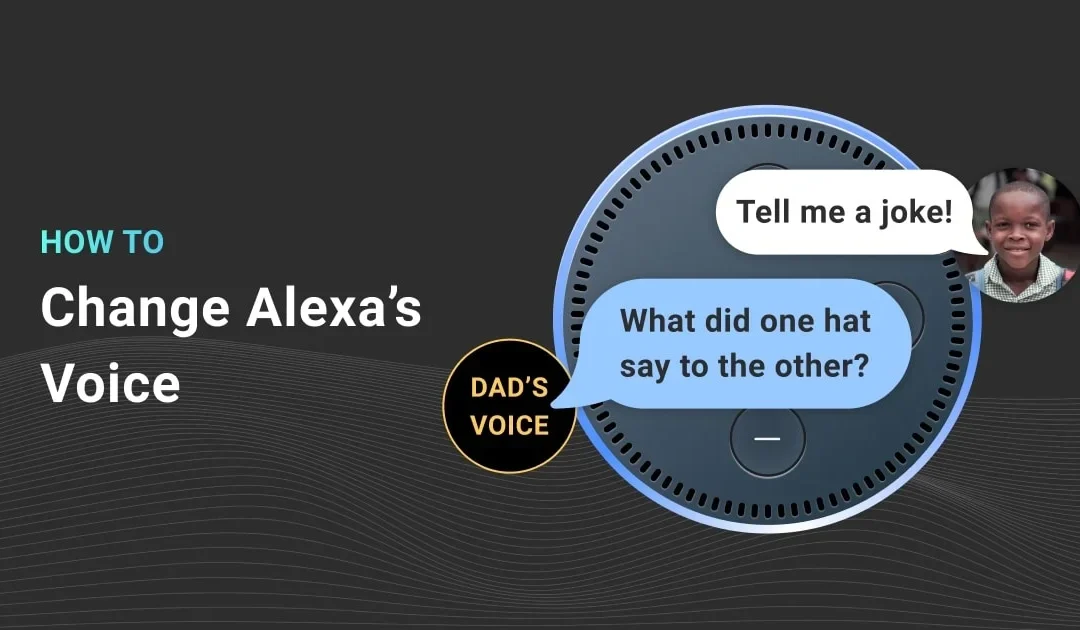Hi, I’m calling to follow up on your last appointment. But first, can you please tell me your full name, address, and date of birth?
I heard this daily introduction back when I worked as an analyst at a call center alongside nurses treating patients with chronic kidney disease. I tracked phone call productivity and efficacy by looking at metrics such as call duration and medication adherence.
What surprised me most was how much time nurses spent with patients conducting routine tasks. While there is value in taking the time to understand patients, I couldn’t help but wonder how many minutes could be saved by automating the “paperwork.”
This is where chatbots come in. A chatbot is software designed to simulate human conversation through text or voice. You may have interacted with one the last time you called your bank or needed to return an online order. In either case, the goal of a chatbot is to offer a service that helps the customer experience.
In a world where virtual doctor visits are becoming the norm, chatbots are improving efficiency for healthcare workers and building trust with patients.
Helping Healthcare Workers
There are already several types of chatbots being used in healthcare, but the most interesting may be the benefits of conversational AI chatbots. These chatbots use NLG (Natural Language Generation) that allow them to hold complex conversations without frequent training. Spending less time training people to engage in routine tasks like identity verification or general check-up questions gives healthcare workers more time to focus on other parts of the patient experience.
For example, after a chatbot asks a patient standard questions about a new prescription, it may learn that the patient has negative side effects, at which point it would hand off to a licensed (human) professional to ask the patient more targeted questions.
Another way AI chatbots help healthcare professionals is by reducing the time spent documenting patient interactions. The Head of Vonage AI, Noam Fine, discussed AI’s impact on customer service in a recent interview and mentioned ways AI could improve worker productivity at telehealth call centers. One such way is managing patient’s appointment scheduling by taking care of the back-end logistics and processes that are required for complex care plans. He also noted the importance of logging patient interactions, such as what symptoms were discussed, and the ability for AI to add this to the patient’s medical history and even recommend further treatment.
Beyond improving efficiency, there is also the potential for chatbots to create more personalized interactions based on a provider’s brand or region. If a call center tends to have workers and patients from New England, for example, chatbots could adopt such an accent for a more meaningful connection. Other chatbots, such as Woebot, are focused on using more empathetic, ‘human-like’ conversations to design therapeutic techniques for patients seeking to improve their mental health.
The future of healthcare, and especially telehealth, relies on the seamless integration of technology to improve the patient experience. As healthcare companies continue to explore which platforms work best for them and their users, expect AI to save them substantial time and money.
Your Next Doctor Appointment
If you’ve ever had to call your bank, an airline, or any customer service hotline, you already have an idea of what a good (or bad) customer experience is for you. In healthcare, patients are the customers. Every interaction with the healthcare system is an opportunity to improve the patient experience and with many of these interactions going virtual, there are more opportunities than ever to provide high quality care in new ways.
When you go in for a doctor’s appointment there is documentation that follows: medical records, insurance, symptom check, the list goes on. One way to bypass this documentation could be to have an AI voice assistant that knows all this information the moment you begin the interaction. Chatbots are able to recall previous interactions in ways that are typically faster than the average human. Consumers seem to agree, with 49% preferring voice assistants in call centers over humans because it is faster due to low wait times and 24/7 availability. Many of them also cite greater convenience and choices as reasons they value this technology.
Another emerging trend in healthcare is integrated wearables, such as Fitbits or smartwatches. The opportunity to use this data to inform a patient’s medical history, and therefore a more productive chatbot conversation, is impressive. However, this is also where many people become skeptical about the privacy of their data. Of people who are familiar with voice assistants and own a smart speaker, nearly 60% report having privacy concerns. Unless addressed, this phenomenon could inhibit AI from being more widely adopted.
This is where conversation designers need to focus on privacy as a crucial part of chatbot design. In healthcare, HIPAA policies add an extra layer of security when verifying and sharing medical information. While this may be an adequate safety blanket for some, it might not be enough for others. This is why providers are still considering whether or not chatbots should be taking the place of a clinician in certain scenarios.
Looking Forward
As time goes on, it may come down to societal perception of AI that determines patient trust. In a recent study, researchers observed how people perceived a COVID-19 screening session that featured a chatbot and a human. When the perceived ability (to provide adequate health information) was the same for the chatbot and the human, participants actually viewed the chatbot experience more positively than the human.
AI chatbots are creating more efficient healthcare workers that in turn will be able to provide patients with more personalized care. While some of the technologies I’ve mentioned are being used already, chatbots are not yet the typical first point of contact for medical help. That means that the best of healthcare AI is yet to come.





